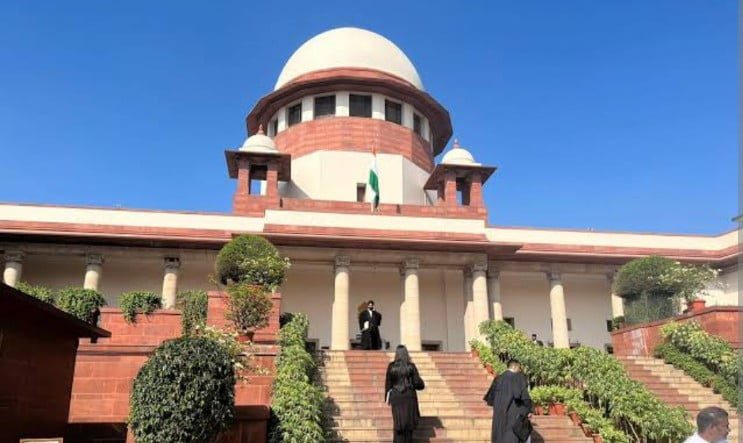Legal Limbo for Religious Conversion Challenges
A growing number of petitions challenging the constitutionality of anti-conversion laws in eight Indian states languish in the Supreme Court, awaiting a hearing for over 18 months. These laws, primarily enacted in BJP-ruled states, have ignited a fierce debate about religious freedom and the boundaries of state intervention in personal affairs.
Supreme Court’s Delayed Intervention
In January 2023, the Supreme Court, under the leadership of the Chief Justice of India, consolidated multiple petitions against these laws, transferring them from various high courts to the apex court for a unified adjudication. However, despite the urgency and significance of the matter, the court has yet to commence substantive hearings, leaving the fate of these controversial laws in limbo.
Controversial Provisions Under Scrutiny
The anti-conversion laws in question have drawn criticism for their stringent provisions, including mandatory prior approval from the state for religious conversions, declaring inter-faith marriages without such approval as “null and void,” and placing the burden of proof on the individual seeking conversion to demonstrate its lawfulness. These laws also carry severe penalties, including imprisonment.
Legal Challenges and Judicial Restraint
While numerous high courts have already examined the constitutionality of these laws, the Supreme Court’s intervention was seen as a pivotal moment in resolving the legal complexities and potential conflicts between these state laws and fundamental rights enshrined in the Indian Constitution. The delay in the court’s proceedings has raised concerns about the impact of these laws on religious minorities and the overall climate of religious freedom in the country.
Summary: The Supreme Court of India has yet to hear a series of petitions challenging the constitutionality of anti-conversion laws in eight states, even though the cases were transferred to the apex court over 18 months ago. These laws, primarily enacted in BJP-ruled states, have sparked controversy due to their stringent provisions and potential impact on religious freedom. The delay in the court’s proceedings has raised concerns about the continued enforcement of these laws and their implications for religious minorities.
Key Learnings:
| Point | Description |
|---|---|
| Legal Challenges: | Multiple petitions challenging the constitutionality of anti-conversion laws are pending in the Supreme Court. |
| Delayed Hearing: | The Supreme Court has not heard these petitions despite transferring them from various high courts 18 months ago. |
| Controversial Provisions: | The anti-conversion laws include provisions that mandate prior state approval for conversions and impose penalties. |
| Impact on Religious Freedom: | The laws have raised concerns about their potential impact on religious minorities and the broader climate of religious freedom in India. |
Soumya Smruti Sahoo is a seasoned journalist with extensive experience in both international and Indian news writing. With a sharp analytical mind and a dedication to uncovering the truth, Soumya has built a reputation for delivering in-depth, well-researched articles that provide readers with a clear understanding of complex global and domestic issues. Her work reflects a deep commitment to journalistic integrity, making her a trusted source for accurate and insightful news coverage.



